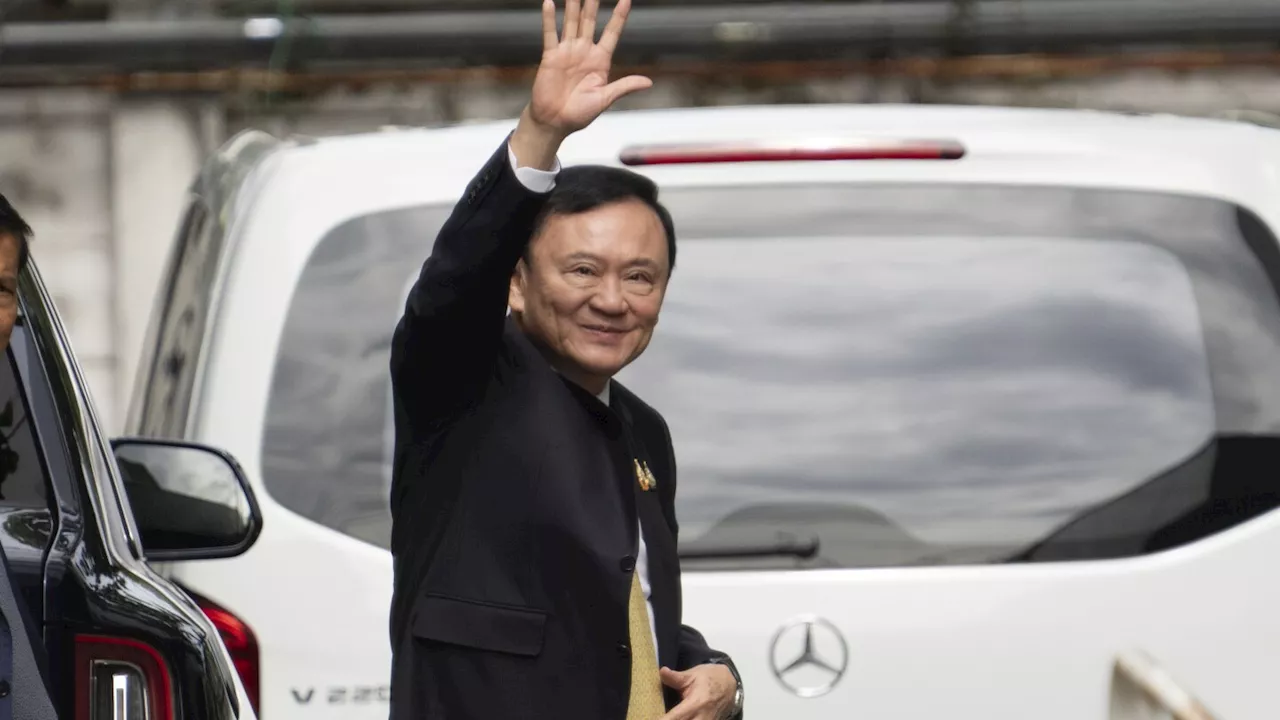Thaksin Shinawatra, the billionaire former Prime Minister of Thailand, continues to exert significant influence over the country’s political landscape nearly two decades after his ousting in a military coup in 2006. His legacy, marked by both fervent support and deep controversy, shapes contemporary political dynamics in Thailand, particularly as the nation approaches critical elections.
Political analysts note that Thaksin’s impact remains profound despite his long absence from Thailand. After being forced into exile, he has remained a key figure, often seen as a symbol of the populist movement that has reshaped Thai politics. His party, Thai Rak Thai, which he founded, set precedents in electoral strategy and public policy that resonate in current political discourse.
Thaksin’s return to Thailand in August 2023, after 15 years of self-imposed exile, has reinvigorated discussions about his influence. He was welcomed back amid a changing political climate, where factors such as economic instability and public discontent with the ruling government have created a fertile ground for his ideas.
The Shifting Political Landscape
The political environment in Thailand has transformed significantly since Thaksin’s departure. The rise of new political factions, including the Move Forward Party, which appeals to younger voters, indicates a shift in public sentiment. These parties advocate for reforms that challenge the traditional power structures that Thaksin once navigated.
Nevertheless, Thaksin’s legacy continues to evoke strong emotions. His supporters view him as a champion of the poor, having implemented policies that improved healthcare and education access. In contrast, critics accuse him of corruption and authoritarianism during his tenure. This duality complicates his re-emergence in Thai politics, as he attempts to leverage his longstanding influence while addressing the current generation’s concerns.
Thaksin’s political maneuvers also reflect broader regional trends, as populist leaders gain traction across Southeast Asia. Observers suggest that his strategies may inspire similar movements in neighboring countries, where leaders grapple with rising public dissatisfaction and demands for reform.
Future Implications and Challenges
The upcoming elections in Thailand present both opportunities and challenges for Thaksin and his affiliated political factions. As factions vie for power, the potential for political unrest remains high. Analysts predict that Thaksin’s return could further polarize the already divided political landscape, especially if his supporters mobilize to influence the electoral outcome.
Moreover, the military’s role in politics continues to be a significant factor. Since the coup that removed Thaksin, the military has maintained considerable power in Thailand’s governance. Any resurgence of Thaksin’s influence may provoke a reaction from military leaders, potentially leading to heightened tensions.
Ultimately, Thaksin Shinawatra’s impact on Thailand’s political future is uncertain but undeniably significant. His ability to navigate the complexities of Thai society, coupled with his enduring popularity among certain voter demographics, positions him as a pivotal player in the nation’s ongoing political evolution. As Thailand stands on the brink of change, Thaksin’s legacy and actions will likely continue to shape the narrative of its political landscape for years to come.
